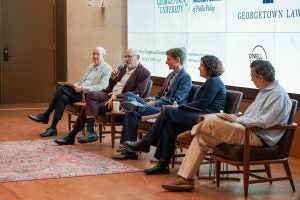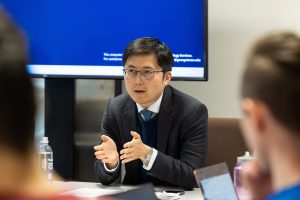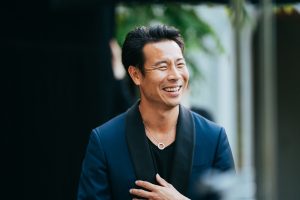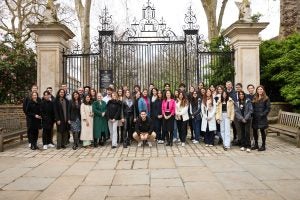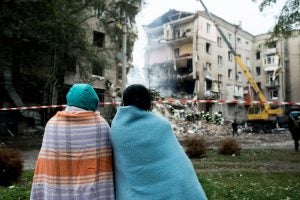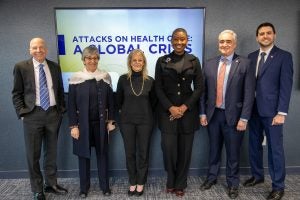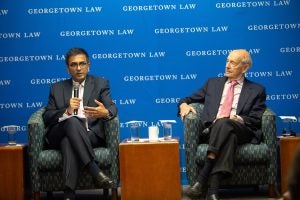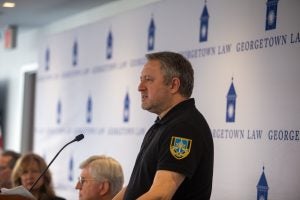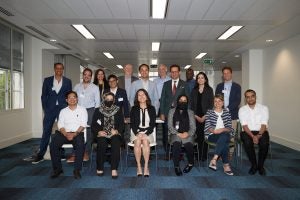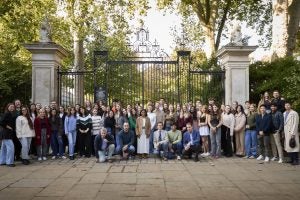
Letter from London: Teaching and Scholarship on the Frontiers of Transnational Law
August 19, 2025 Campus News Faculty International & Comparative Law International Economic Law StudentsAs summer draws to a close, our colleagues “across the pond” at the Center for Transnational Legal Studies (CTLS) in London, England are looking back on a year full of innovative teaching, transformative exchanges and scholarly debates on pressing…
